Russia's incursion into the territory of Ukraine is condemned by everyone, not only ordinary people, politicians but also technological companies - if we look at least to the west of the conflict. Of course, the USA and companies such as Apple, Google, Microsoft, Meta and others are also in this direction. How do they deal with the crisis?
Apple Lossless Audio CODEC (ALAC),
Apple was perhaps unexpectedly sharp when Tim Cook himself commented on the situation. Already last week, the company stopped all imports of its goods to Russia, after which the RT News and Sputnik News applications, i.e. news channels supported by the Russian government, were deleted from the App Store. In Russia, the company also limited the functioning of Apple Pay and now also definitively made it impossible to purchase products from the Apple Online Store. Apple also supports financially. When a company employee makes a donation to humanitarian organizations operating in the region, the company will add double the stated price.
The company was one of the first to proceed with various penalties. The Russian media have cut off their advertisements, which generate a considerable amount of funds, but they cannot even buy the one that would promote them. Google's YouTube then started blocking the channels of Russian stations RT and Sputnik. However, Google also helps financially, with an amount 15 million dollars.
It could be interest you

Microsoft
Microsoft is still relatively lukewarm about the situation, although we should mention that the situation is developing very actively and everything may be different in a while. The company has quite a large tool in its hands in the ability to block the licenses of its most used operating system in the world, as well as its Office suite. However, so far "only" the company's websites do not display any state-sponsored content, i.e. again Russia Today and Sputnik TV. Bing, which is a search engine from Microsoft, will also not display these pages unless they are specifically searched for. Their apps were also removed from the Microsoft Store.
It could be interest you
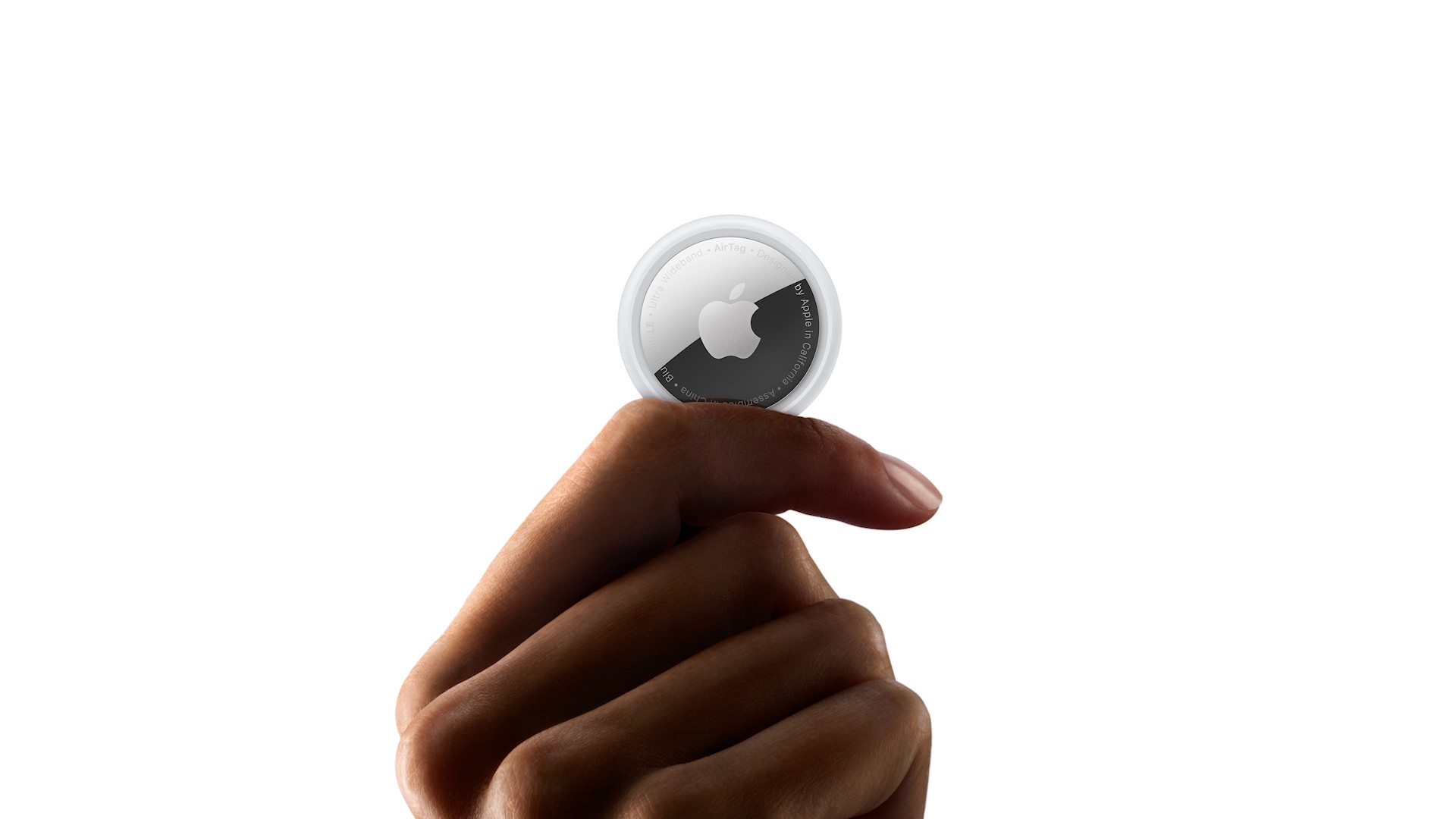
Meta
Of course, even turning off Facebook would have significant consequences, however, the question is whether it is somehow beneficial for the situation. So far, the company Meta has decided only to mark the posts of questionable media in the social media Facebook and Instagram with a note pointing to the fact of untrustworthiness. But they still display their posts, although not within the users' walls. If you want to view them, you have to search for them manually. Russian media are also no longer able to receive any funding from advertisements.

Twitter and TikTok
The social network Twitter deletes posts that are supposed to cause misinformation. Similar to Meta and its Facebook, it indicates untrustworthy media. TikTok has blocked access to two Russian state media across the European Union. Therefore, Sputnik and RT can no longer publish posts, and their pages and content will no longer be accessible to users in the EU. As you can see, more or less all media are still following the same template. When, for example, one commits to more serious restrictions, others will follow.
Intel and AMD
In a sign that US government export restrictions on semiconductor sales to Russia have been enacted, both Intel and AMD have suspended their shipments to the country. However, the extent of the move is still unclear, as the export restrictions are primarily aimed at chips for military purposes. This means that sales of most chips aimed at mainstream users are not necessarily affected yet.
It could be interest you

TSMC
There is at least one more thing associated with chips. Russian companies such as Baikal, MCST, Yadro and STC Module already design their chips, but the Taiwanese company TSMC manufactures them for them. But she also agreed with the sale of chips and other technology to Russia suspended to comply with new export restrictions. This means that Russia may eventually be completely without electronic devices. They won't make their own and no one will supply them there.
Jablotron
However, Czech technology companies are also responding. As reported by the website News.cz, the Czech manufacturer of security devices Jablotron blocked all data services for users not only in Russia but also in Belarus. Sales of the company's products there were also blocked.



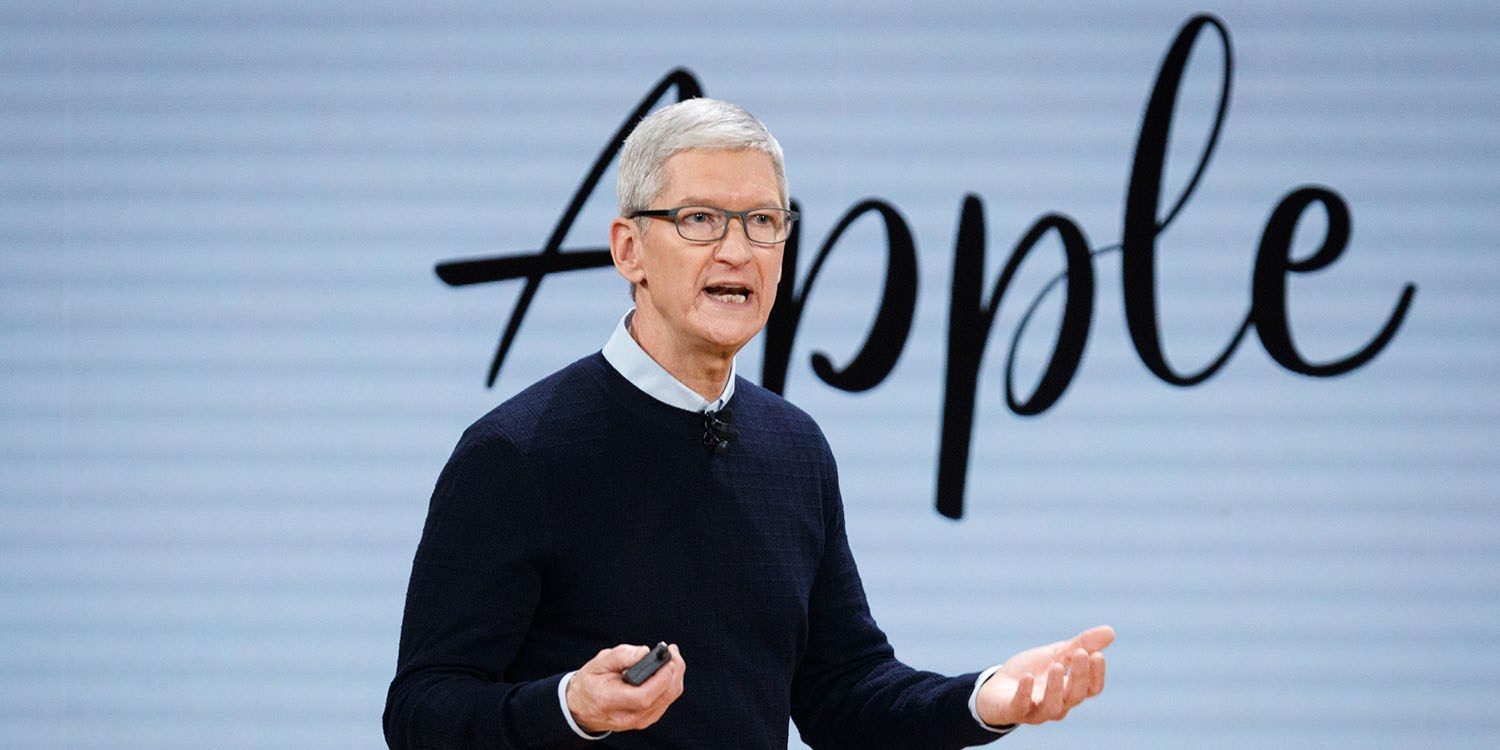






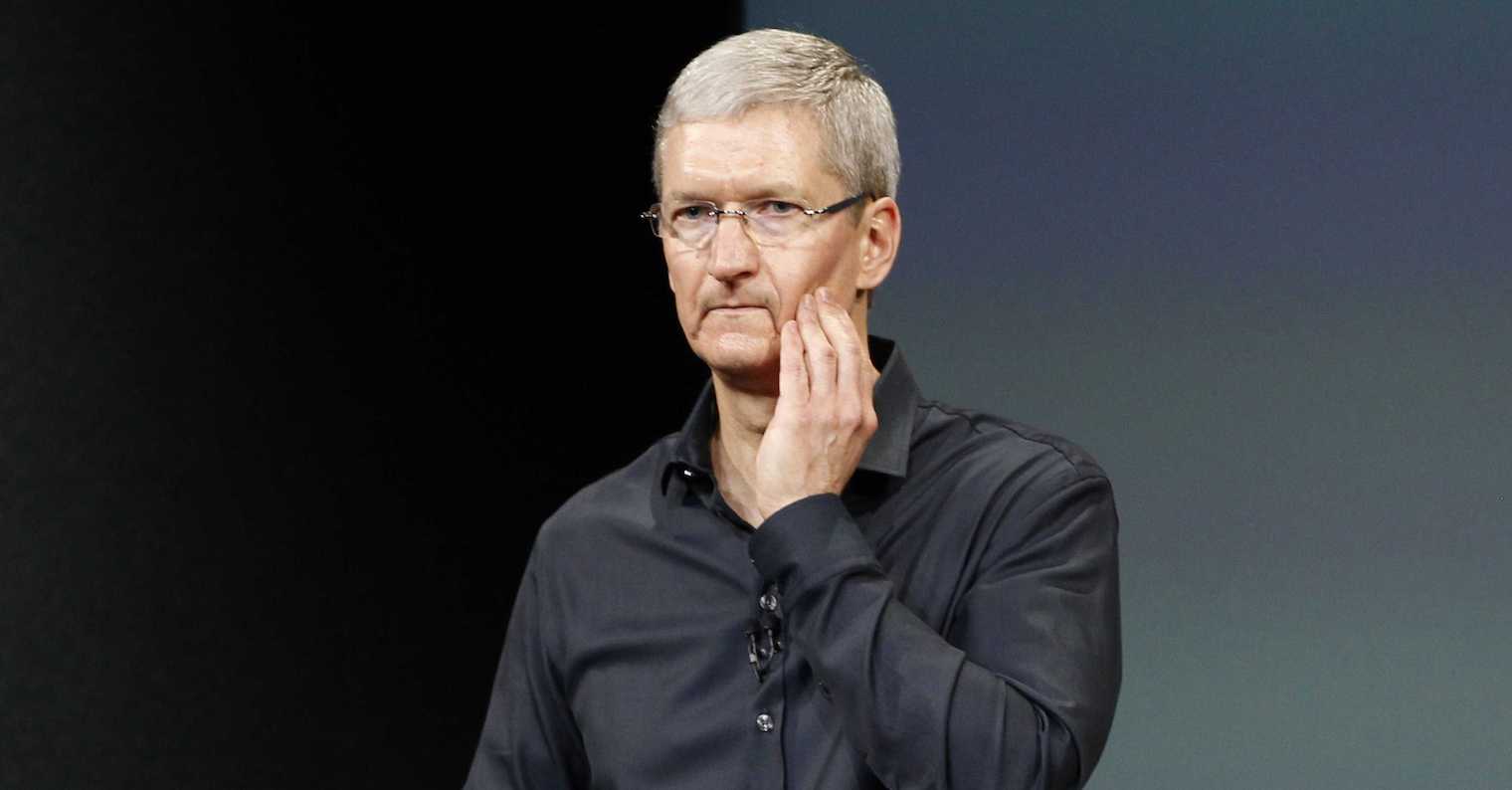
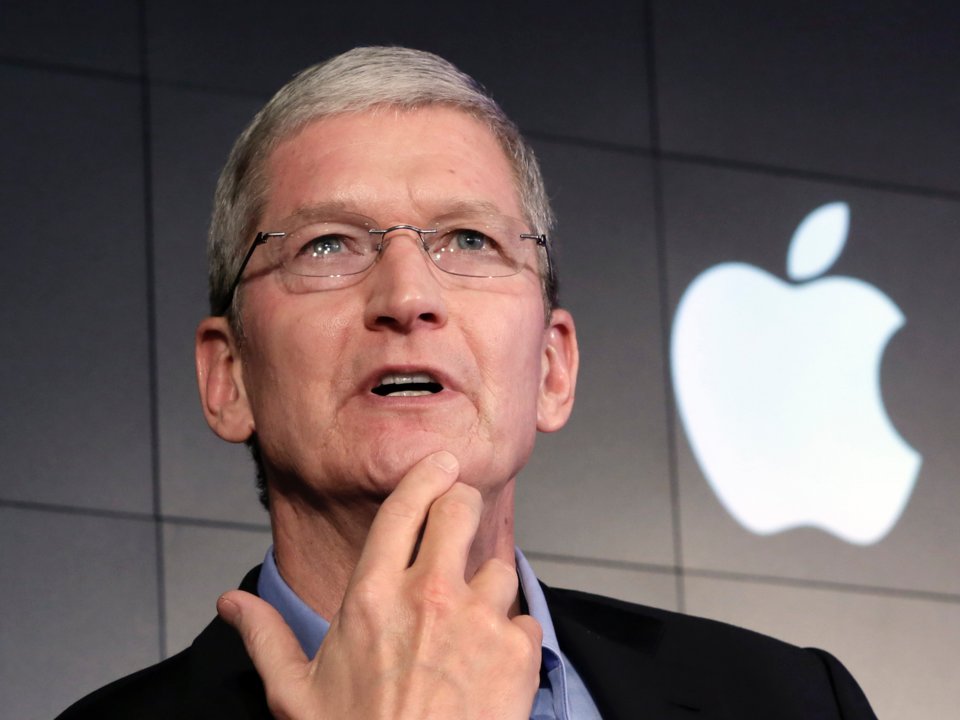

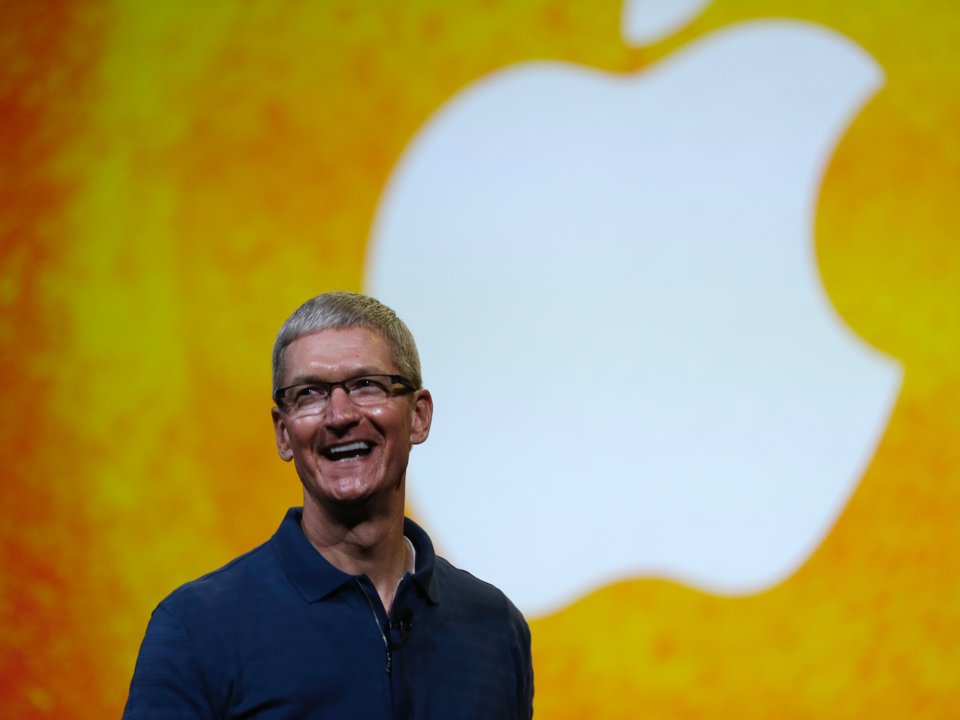




 Flying around the world with Apple
Flying around the world with Apple  Adam Kos
Adam Kos